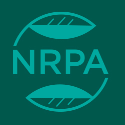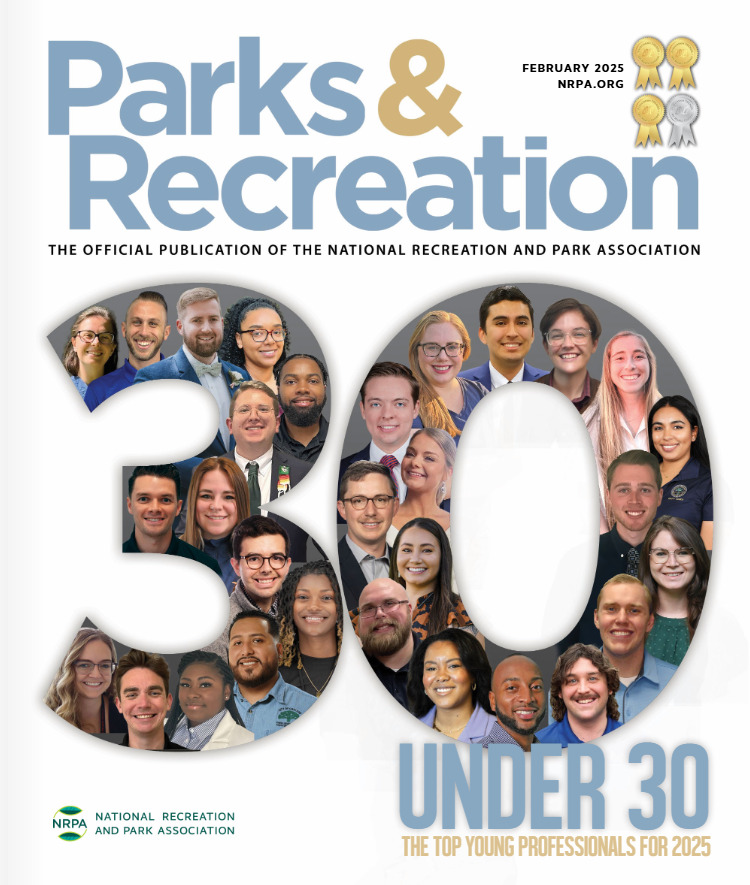
The Bystander Challenge Clinic
- Registration Closed
One thing is certain in workplaces today: At some point, someone is going to make an inappropriate comment or behave in a cringy way. It’s the kind of thing that, when left unaddressed, can escalate to the point where an individual feels harassed by their coworker. Join us on March 27th, 2025, at 2 p.m. EDT for The Bystander Challenge Clinic, an interactive workshop developed by the National Conflict Resolution Center (NCRC), in which the bystander’s role in changing this dynamic is explored. Increasingly, bystanders are being asked to become upstanders who stand up to “red-flag” behavior. As many recognize, it’s easier said than done, as workplace dynamics can make it challenging to know the correct course of action. There are other factors that come into play, too, like long-term working relationships, workplace culture, lack of diversity on a team, or discomfort with the topic. While notices and directives abound in workplaces to define and raise awareness of harassment, few programs teach people how to communicate with each other when they perceive red flags. NCRC equips people to have these challenging conversations in a way that demonstrates respect, inclusiveness, and dignity for everyone involved. In a safe learning space, participants gain confidence using these skills. Concepts are further reinforced through thoughtful interactive exercises and reflective conversations.
The training has a proven positive impact on workplace culture and perceptions of safety. Allowing participants to take what you’ve learned about bystander intervention and make it part of your everyday approach to fostering a respectful and inclusive workplace. Whether it’s practicing the four intervention techniques, offering support to someone targeted by inappropriate behavior, or simply opening a conversation, your actions can create a safer, more inclusive environment for everyone. Use these skills consistently to communicate with empathy and encourage positive change in your workplace culture.
By the end of this clinic:
1. Participants learn and practice four intervention techniques that they might use with the person responsible for the concerning behavior
2. Participants discuss how and when communication with the Target of unwanted behavior is warranted.
3. Participants gain a better understanding of the point of view of the Target, and practice supportive communication skills that are practiced.
Sorry -- You are not logged in on the Community Site, so we cannot show you the Community Discussion.


Engage With Us